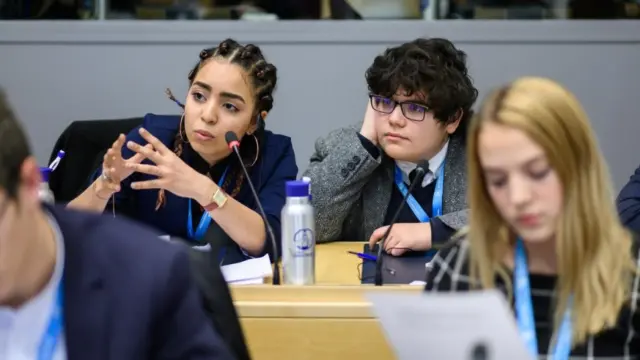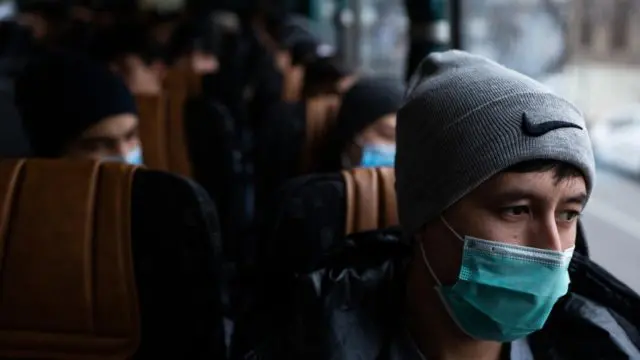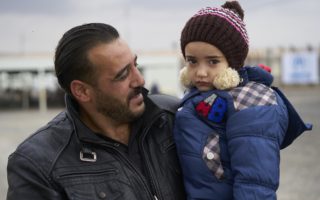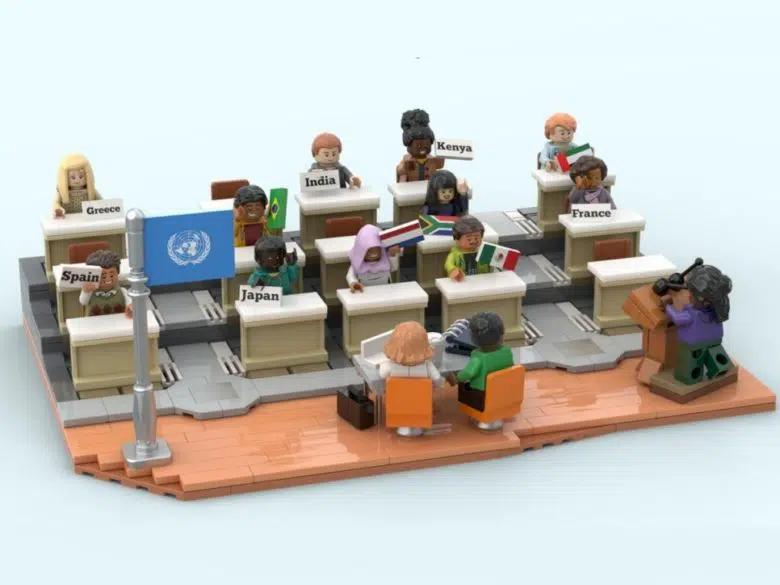
In 2021, UNHCR challenged students to develop ideas to help refugees and the communities that welcome them. An artist built LEGO models of the best ideas. © UNHCR
At first, it looked like a room full of diplomats. Hundreds of smartly dressed people raising placards with country names. Small groups holding peace talks in the corner. Notes passed quietly from one person to the next. But actually it was a room full of secondary school students. Welcome to Model UN.
Model United Nations (MUN) encompasses a global set of conferences where students step into the shoes of diplomats and draft resolutions to solve global issues. In 2020, UNHCR, the UN Refugee Agency, introduced the Model UN (MUN) Refugee Challenge. Since then, more than 40,000 students in 70 countries have researched, debated and developed ideas to help refugees. Ideas from years past have been presented at the High Commissioner’s Dialogue, a forum bringing together global decision-makers to discuss refugee protection.
“Students come up with surprisingly good and innovative solutions during their MUNs,” said Pauline Eluère, who leads on youth engagement at UNHCR.
”We wanted to build support for refugees and show students that not only do their ideas matter to the real UN, but that they have the potential to be implemented.”
In 2021, UNHCR challenged students to address the impact of COVID-19 on refugees, refugee women’s rights, refugees’ social inclusion and the use of technology to empower refugees. Students proposed moving walkways that generate electricity, policies that guarantee equal pay for refugee workers, ideas to improve maternal health and more.
A committee of refugees and UNHCR staff judged the entries. On Friday, 1 April, UNHCR gave eight awards and eight special mentions for the best resolutions, as well as several awards for communications and social impact. The full list of winners can be found here.
“UNHCR should continue making youth part of the solution,” said Matias, a student from Colombia.
“We have fallen in love with debating, just like in the real UN, and once we know that we can lead bigger change, it motivates us to do more.”
The best ideas have been turned into LEGO scenes by an artist; a way to show we can all play a role in building a more welcoming world for refugees.
Here are the winning ideas:
Piezoelectric walkways in refugee camps
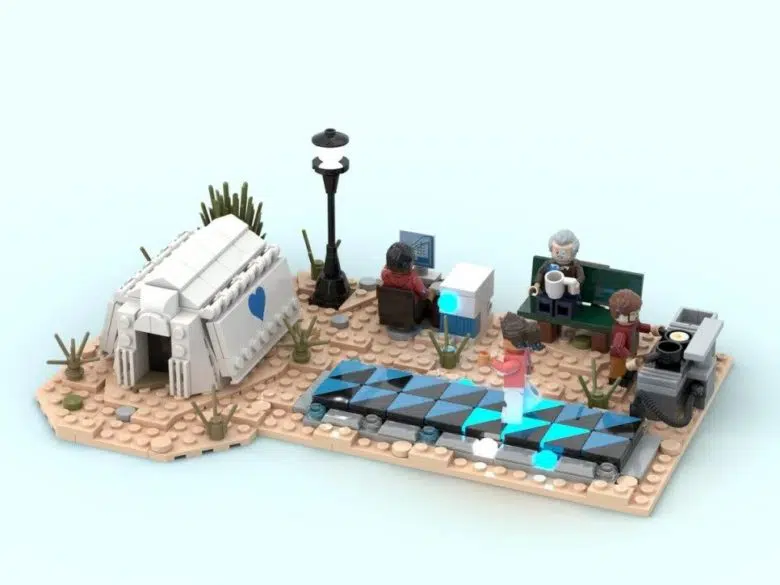
As part of the 2021 MUN Refugee Challenge, university students affiliated with MOVENU, Venezuela’s Model UN initiative, recommended installing piezoelectric walkways in refugee camps. © UNHCR
University students affiliated with MOVENU, Venezuela’s Model UN initiative, recommended installing piezoelectric walkways in refugee camps, which would generate electricity using friction and the weight of the people on the walkway. The project, “Light with Every Step,” could help power lights, cooking and more.
Equal pay for refugee workers
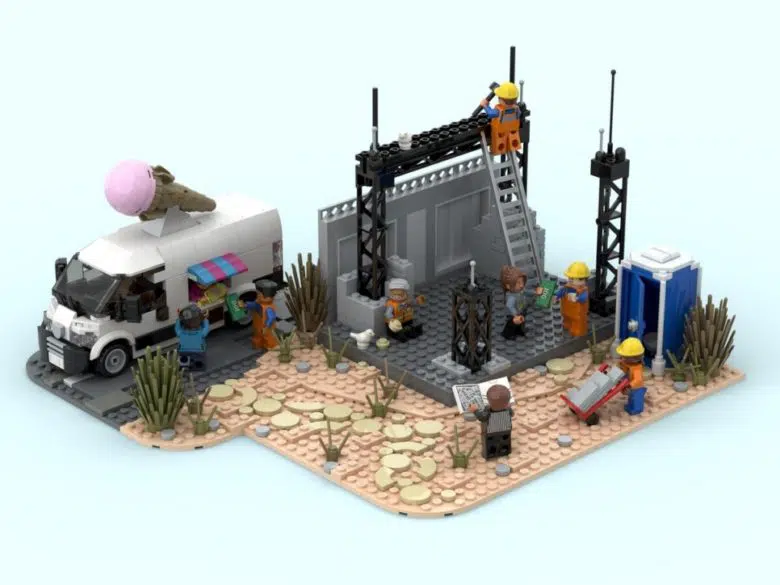
For their MUN Refugee Challenge entry, students taking part in the Open Eye MUN in the United Arab Emirates urged countries to create national minimum wages. © UNHCR
Middle-school, high-school and university students taking part in the Open Eye MUN in the United Arab Emirates urged countries to create national minimum wages to ensure that refugees are paid the same as citizens.
Maternal health services and daycare for refugees
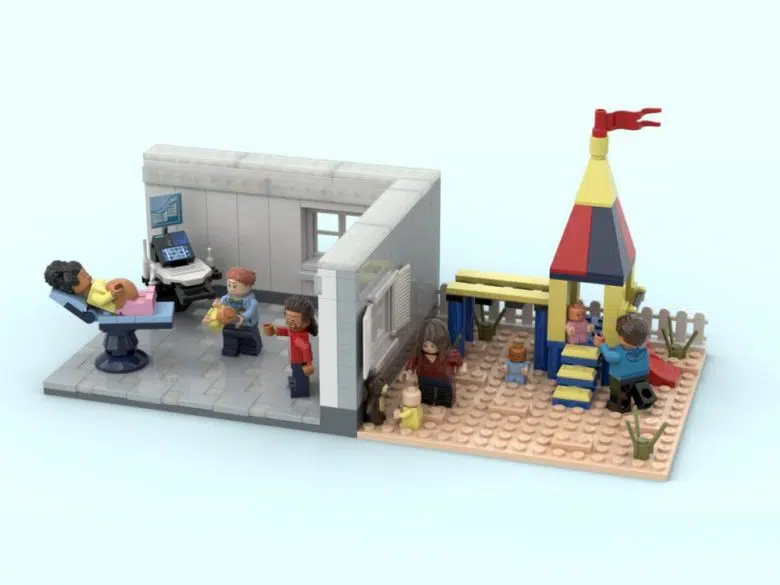
As part of the 2021 MUN Refugee Challenge, students participating in MUNESEN in El Salvador focused on maternal health services. © UNHCR
High-school and university students participating in MUNESEN in El Salvador centred their debates on maternal health services. Their resolution focused on ensuring that all refugee women could access safe spaces during labour, with specialized medical workers and psychological counselling to prevent postpartum depression. They also proposed funding daycare centres.
Scholarships and affirmative action for refugees
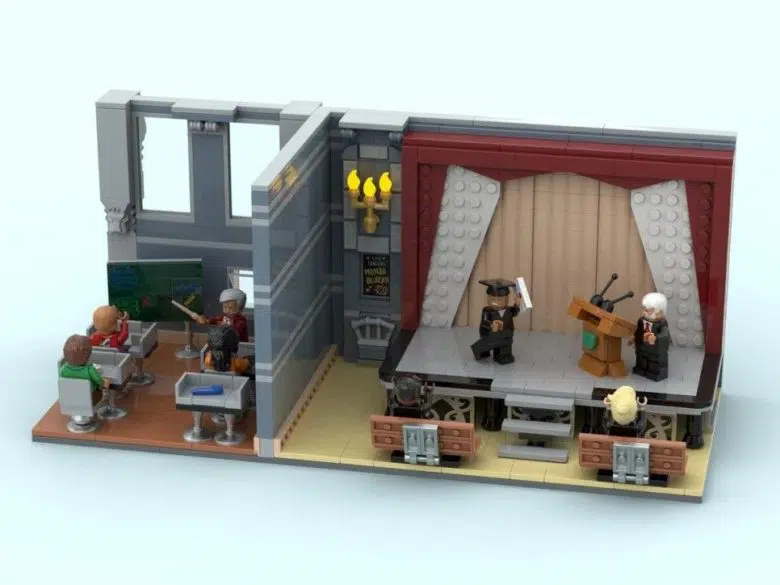
As part of the MUN Refugee Challenge, students from the United People MUN in Indonesia encouraged host countries to protect refugees’ right to education. © UNHCR
Middle-school and high-school students at the United People MUN in Indonesia called on governments to grant scholarships and reduce tuition fees for refugees, a priority of UNHCR’s 15by30 campaign. They also suggested using affirmative action to increase refugee children’s enrollment in public schools and create interactions between refugees and local students.
Partnerships with community leaders to boost vaccination rates
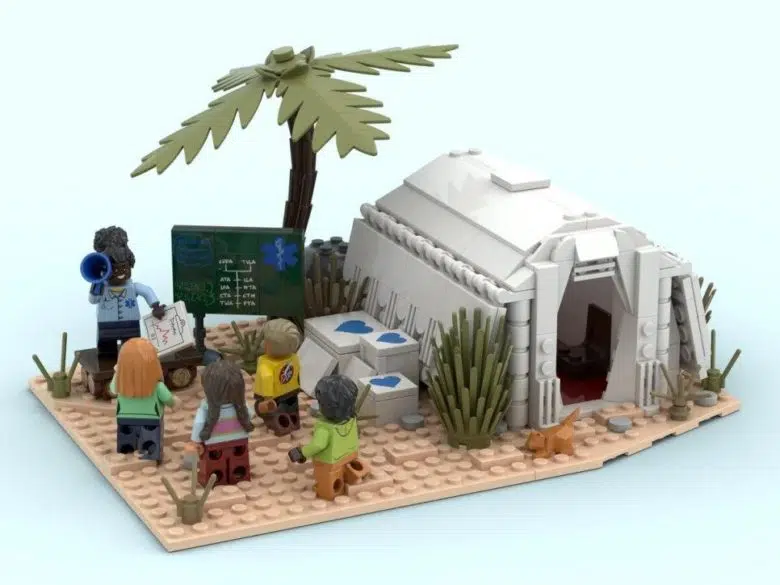
For their Model UN Refugee Challenge, students from Inventure MUN in India focused on reducing vaccine hesitancy in both host and refugee communities. © UNHCR
Students from Inventure MUN in India developed a resolution encouraging authorities to create refugee-friendly health systems and improve health education in both refugee and host communities to reduce vaccine hesitancy. The students suggested working with community organizations to identify the reasons for hesitancy or lack of access.
Mental health facilities to overcome the trauma of war and the pandemic
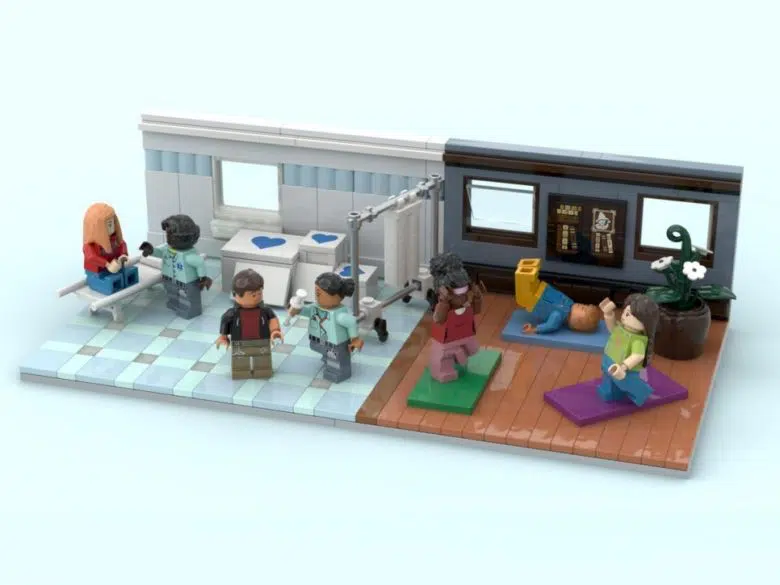
As part of the 2021 MUN Refugee Challenge, students from LRIMUN in Nepal focused on mental and physical health. © UNHCR
Middle-school, high-school and university students from LRIMUN in Nepal highlighted the need to focus on refugees’ physical and mental health in public health policy. They wrote about integrating refugees in vaccination programmes. They also pressed for the creation of mental health facilities able to address the mental health issues refugees face as a result of the pandemic, and the trauma of fleeing war, violence and persecution.
Partnerships with internet providers to bridge the digital gap
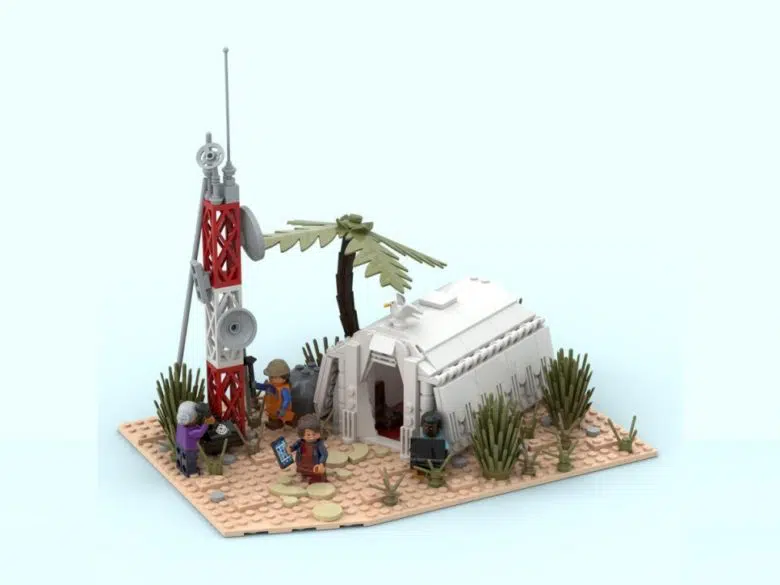
As part of the 2021 MUN Refugee Challenge, students in Singapore urged refugee-hosting countries to improve refugees’ access to communications. © UNHCR
Middle- and high-school students in Singapore urged refugee-hosting countries to improve refugees’ access to communications. They advised working with providers to distribute mobile phones and install satellite towers in refugee camps. They also suggested working with IT professionals to provide digital literacy workshops to refugees.
Entrepreneurship and self-defense training for refugee women
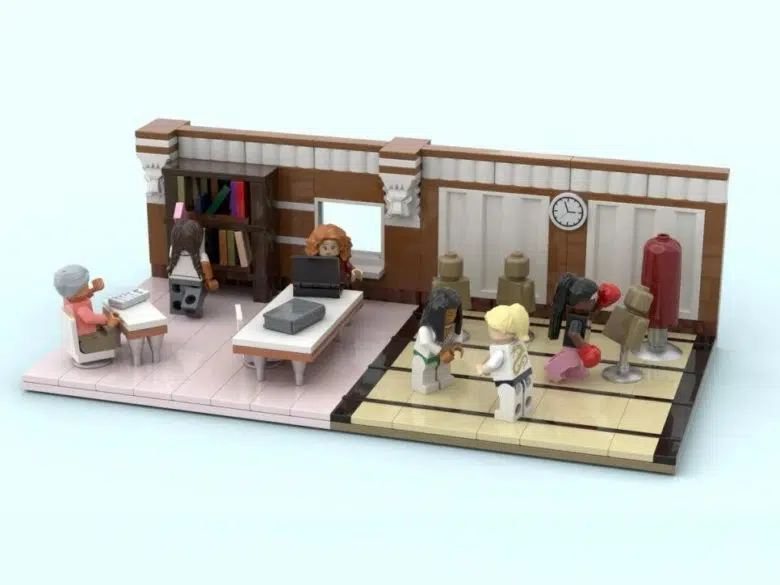
As part of the 2021 MUN Refugee Challenge, students in the United States focused on helping improvie education and skills for refugee women and girls. © UNHCR
High-school students from MUNAP in the United States set out to make education more accessible to refugee women and girls. Their resolution focuses on building temporary schools closer to where refugee girls live to reduce the distance they need to travel, as well as offering national curriculum to refugee women, alongside entrepreneurship lessons, self-defense training and career planning sessions.
Anyone organising a Model United Nations at the middle school, high school or university level throughout the year can join UNHCR’s MUN Refugee Challenge. Please contact youth@unhcr.org for questions related to youth engagement at UNHCR.
Originally published by UNHCR on 04 April 2022.



